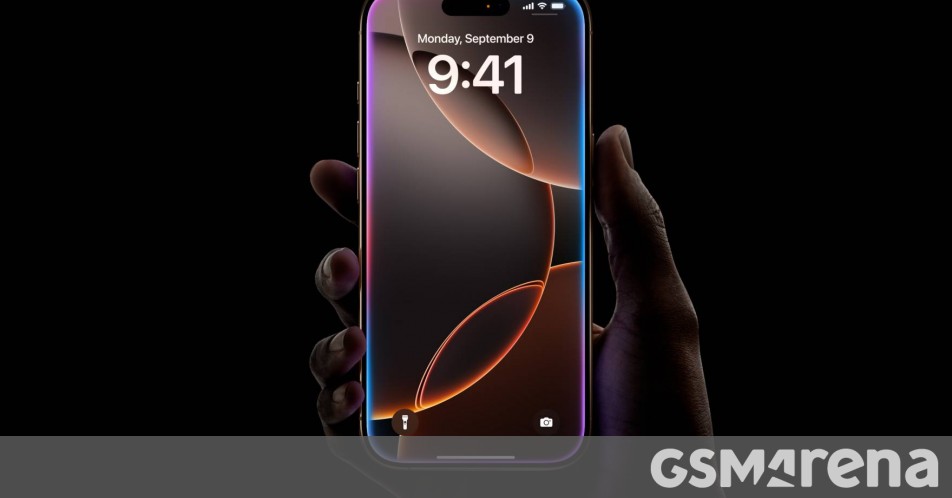Nintendo has delayed pre-orders for the Switch 2 in the US due to President Trump’s tariffs on manufacturing in China (54%) and Vietnam (46%). The initial retail price of $450 is expected to rise once pre-orders resume. Meanwhile, Apple is facing similar issues with its iPhone 16 Pro, which has components costing $580 before tariffs. The 54% tariff will raise Apple’s cost to around $847, prompting speculation that retail prices may increase significantly. Apple, having diversified its production to India, may still pass much of the tariff impact onto consumers, affecting future pricing for the iPhone 17 series.
Nintendo has delayed pre-orders for the Switch 2 in the US as it navigates the tariffs imposed by President Trump on two key manufacturing locations: China (54%) and Vietnam (46%). The previously announced retail price of $450 is expected to increase once pre-orders are resumed. While Apple produces the majority of its iPhones in China, it has also been ramping up production in India, including the introduction of Pro models for the first time (the tariff on imports from India stands at a lower 26%).
What steps will Apple take in response? Reports suggest that Cupertino has been accumulating inventory to mitigate the effects of the tariffs, as prices are likely to soar once they are enforced. A recent report from The Wall Street Journal, informed by iFixit and TechInsights, provides a breakdown of the cost of components for a 256GB iPhone 16 Pro and evaluates the financial ramifications of the 54% tariff applied to Chinese components.
The total Bill of Materials (BoM) is estimated at $549.73 (before tariffs), with assembly and testing raising the overall cost to $580. The highest-priced components include the rear camera array ($126.95), the A18 Pro chipset ($90.85), and the display ($37.97). The cost for the 256GB storage is $20.59.
Apple iPhone 16 Pro retail prices in the US
Apple retails the 256GB iPhone 16 Pro for $1,100. However, the tariff affects the cost of the components rather than the retail price. According to WSJ, Apple’s costs will rise to approximately $847, reflecting an increase of $300.
It’s important to note that the tariff on imports from China is significantly higher at 54% compared to 26% for India. Apple has made a strategic decision to diversify its production, but even if it begins assembling iPhones in India, substantial cost increases are still anticipated.
Apple generally enjoys a robust profit margin on its products, which may help cushion some of the tariff’s impact—similar to what occurred during the previous 10% tariff. Nonetheless, it seems unlikely that Apple will absorb the full burden of a 54% tariff; instead, it may pass on some (if not all) of that additional cost to consumers. Meanwhile, the June 5 launch date for the Nintendo Switch 2 remains unchanged, and any price hike above the original $450 could serve as an indicator of what to expect with the iPhone 17 series slated for a September release (Nintendo is also known for its strong profit margin preservation).
Source (paywall) | Via
